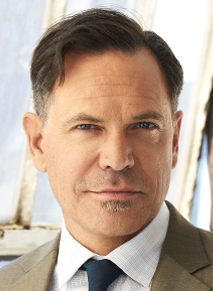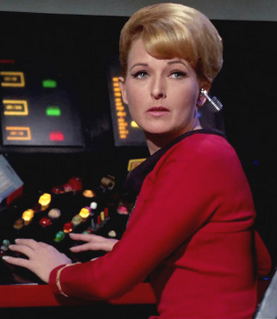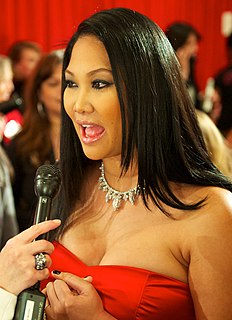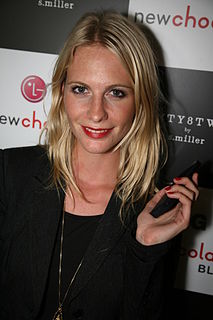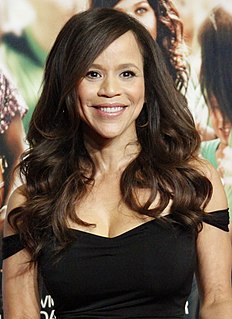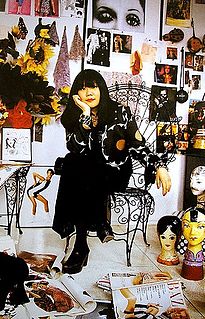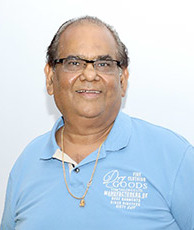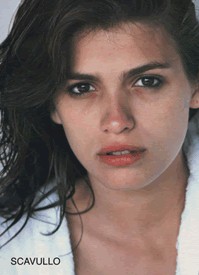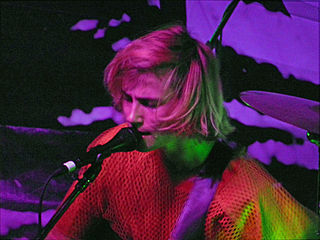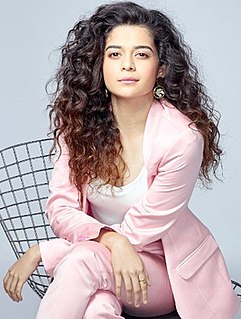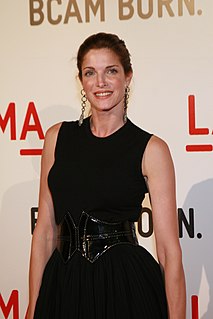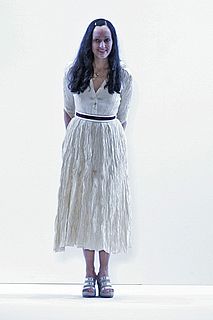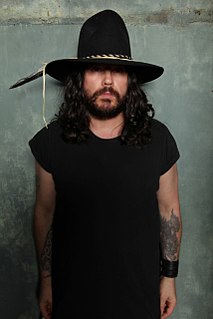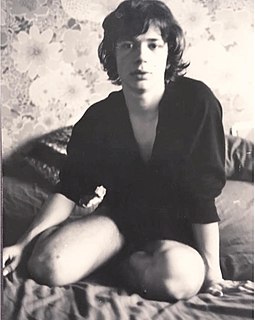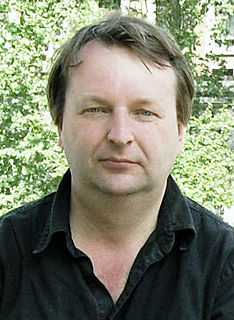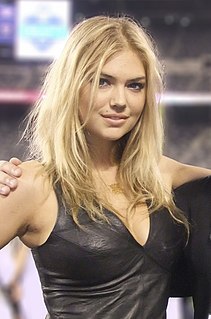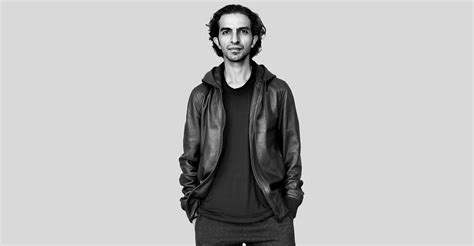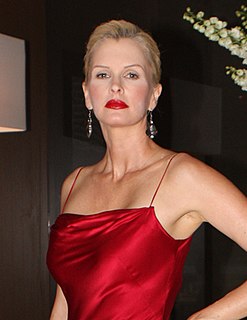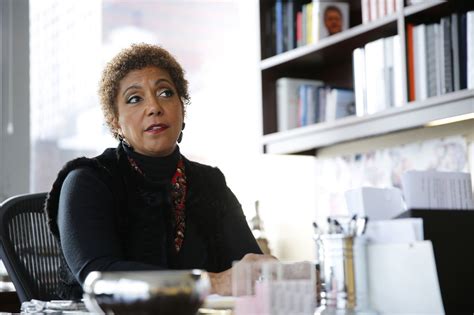Top 1200 Fashion Magazines Quotes & Sayings - Page 3
Explore popular Fashion Magazines quotes.
Last updated on November 19, 2024.
There is an actor's responsibility in presenting the emotional content of the lyrics to an audience. But whether you do that in a straightforward fashion or an ironic fashion or a blase fashion is all about opportunities, and singers are missing opportunities as artists if they don't pay attention to the lyric.
I think fashion is probably one of the most accessible and immediate forms of visual culture. In 1978, when I realized that I wanted to work on fashion, I had gone to Yale to get my Ph.D. in European cultural history. I suddenly realized fashion's part of culture, and I can do fashion history. All my professors thought this was a really bad idea, that fashion was frivolous and unimportant. And, increasingly over time, people have recognized that it provides such a mirror to the way we think, our values and attitudes.
[When] Johnny Mnemonic was coming out and I realized that all the kids that worked in 7-11 knew more - or thought they knew more - about feature film production than I did. And that was from reading Premiere, that was from this change that came from magazines that treat their readers as players. Magazines that purport to sell you the inside experience.
Fashion rests upon folly. Art rests upon law. Fashion is ephemeral. Art is eternal. Indeed what is a fashion really? A fashion is merely a form of ugliness so absolutely unbearable that we have to alter it every six months! It is quite clear that were it beautiful and rational we would not alter anything that combined those two rare qualities. And wherever dress has been so, it has remained unchanged in law and principle for many hundred years.
I can't stand when girls come to me and say they want to be a model, but they can't tell me who the top three photographers are in the world. They can't tell me who the top five biggest models are or name three cosmetics companies. They can't even name the top fashion magazines! You have to get it together and know your stuff.
Fashion gave me the platform that has made this transition from fashion to Hollywood, from East Coast to West Coast. Fashion gave me the platform that has made this easier than it is for a lot of other people. And I will always count fashion as the industry that was first to welcome me and embrace what I could do.
The red library is Sui's tribute to fashion maven Diana Vreeland, who served as editor for Harper's Bazaar (1939-1962) and Vogue (1963-1961). My most precious collection is my bound Vogue magazines, .. and they're kind of like my Bible. I look at them all the time when I'm trying to inspire myself for a collection.
The truth is, everything we know about America, everything Americans come to know about being American, isn't from the news. I live there. We don't go home at the end of the day and think, "Well, I really know who I am now because the Wall Street Journal says that the Stock Exchange closed at this many points." What we know about how to be who we are comes from stories. It comes from the novels, the movies, the fashion magazines. It comes from popular culture.
A mismatched outfit, a slightly defective denture, an exquisite mediocrity of the soul-those are the details that make a woman real, alive. The women you see on posters or in fashion magazines-the ones all the women try to imitate nowadays-how can they be attractive? They have no reality of their own; they're just the sum of a set of abstract rules. They aren't born of human bodies; they hatch ready-made from the computers." ~The Book of Laughter and Forgetting
Fashion wears many faces; it has the urge to belong to a group - to charm - but also the urge to be exclusive and snobbish to carve out individuality. That is the genius of fashion! Fashion is what time looks like, and it's up to us all to shape what our own time looks like. Fashion is a collaborative art form in this way... We all paint the picture.
I knew nothing about fashion growing up, because in Florida you just wear bikinis and flip-flops. But kids can be cruel, and they used to make fun of me for having long legs and bushy eyebrows. My mom would flip through magazines and say, "Look, all these models have that too." I decided I wanted to be a model.
I started out as a fashion photographer. One cannot say that I was successful but there was enough work to keep me busy. I collaborated with Harper's Bazaar and other magazines. I was constantly aware that those who hired me would have preferred to work with a star such as Avedon. But it didn't matter. I had work and I made a living. At the same time, I took my own photographs. Strangely enough, I knew exactly what I wanted and what I liked.
My value as a woman is not measured by the size of my waist or the number of men who like me. My worth as a human being is measured on a higher scale: a scale of righteousness and piety. And my purpose in life-despite what fashion magazines say-is something more sublime than just looking good for men.
We're bombarded with liberal propaganda 24/7, from the early morning shows, Hollywood movies, documentaries and sitcoms, all major newspapers, fashion magazines, the sports pages, public schools, college professors and administrators, etcetera, etcetera, etcetera. Unless liberals specifically seek out Ann Coulter books and columns, which I highly recommend, or tune into Fox News or conservative talk radio, they have no idea what conservatives are thinking.
The magazines were born out of a need that my parents saw: that there were no magazines that really spoke to black people. 'Ebony' wrote about architects and artists, the share cropper who sent his nine kids to college, real African Americans at a time when everyone else only covered them as entertainers and athletes.
